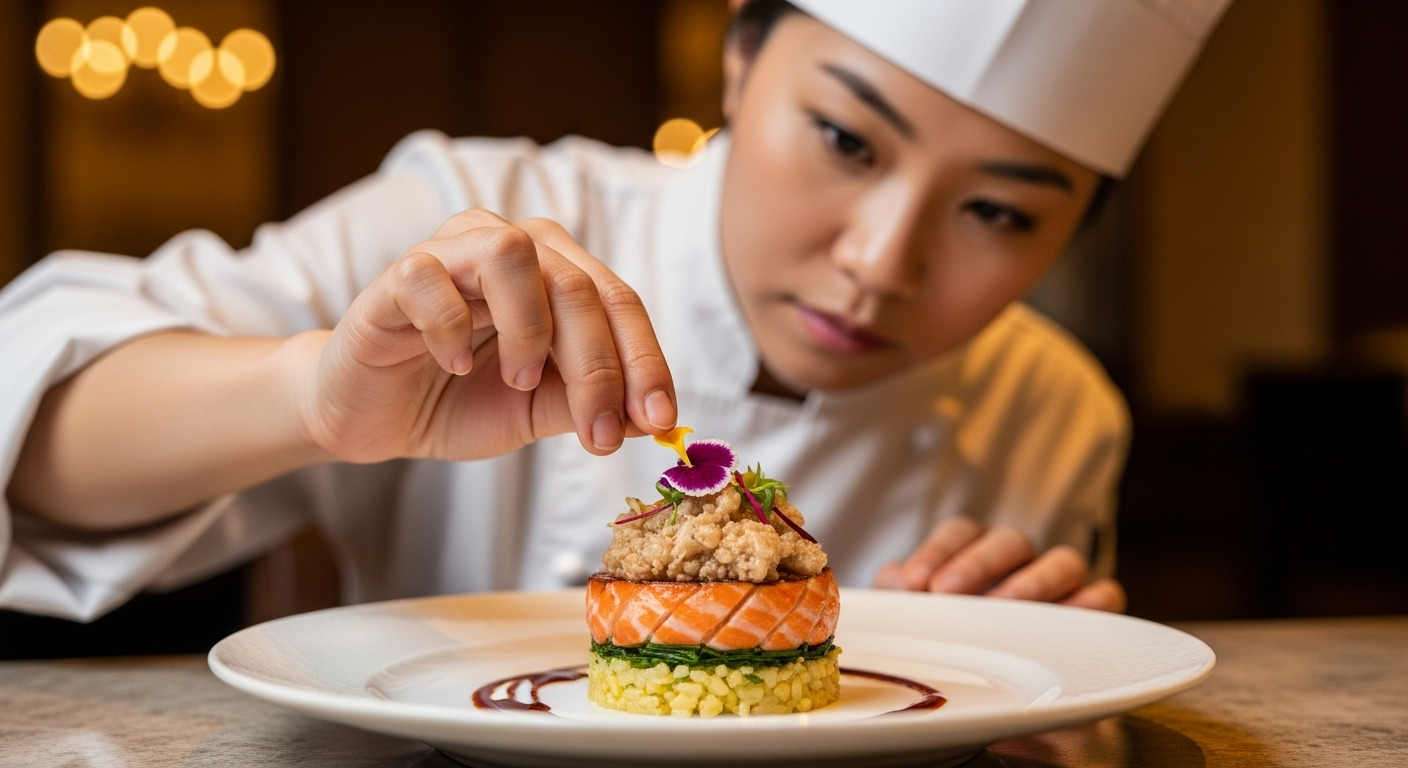Culinary Expeditions: The Rise of Food-Focused Vacations
Embark on a journey where every bite tells a story and every meal is an adventure. Culinary expeditions have emerged as a tantalizing new frontier in travel, offering food enthusiasts the opportunity to explore cultures through their taste buds. This gastronomic trend is revolutionizing the way we experience destinations, turning vacations into immersive culinary odysseys.

From Niche to Mainstream
What was once a niche interest has blossomed into a full-fledged travel trend. According to recent industry reports, food and beverage now account for up to 30% of tourist spending in some destinations. This surge in popularity has led to the development of specialized culinary tours, cooking classes, and food-focused itineraries catering to a wide range of palates and preferences.
The Appeal of Edible Experiences
Culinary expeditions offer a unique way to connect with local cultures and traditions. Unlike traditional sightseeing, food-focused travel engages all the senses, creating lasting memories through taste, smell, and shared experiences. It allows travelers to forge deeper connections with destinations, often leading to more meaningful and authentic travel experiences.
Diverse Flavors of Culinary Travel
The world of culinary expeditions is as diverse as global cuisine itself. Some travelers opt for gourmet food tours in renowned culinary capitals like Paris or Tokyo, while others seek out lesser-known destinations for their unique local flavors. Street food tours have gained immense popularity, offering an accessible way to sample local specialties and interact with locals.
Farm-to-Table Adventures
A growing subset of culinary tourism focuses on the farm-to-table experience. These trips often include visits to local farms, vineyards, and markets, allowing travelers to see firsthand where their food comes from. Many include hands-on experiences like harvesting produce or participating in traditional cooking methods, providing a deeper appreciation for local food systems and sustainable practices.
Flavorful Facts and Savory Tips
• Did you know? The term culinary tourism was coined in 1998 by Lucy Long, a folklorist and food studies scholar.
• Tip: Research local food etiquette before your trip to avoid cultural faux pas at the dinner table.
• Fun Fact: The world’s oldest known cookbook dates back to 1700 BC in ancient Mesopotamia.
• Insider Advice: Always carry local currency for street food purchases, as many vendors may not accept cards.
• Interesting Tidbit: Some countries, like Peru and Thailand, have government initiatives specifically promoting culinary tourism.
The Future of Food Travel
As the culinary tourism sector continues to grow, we can expect to see even more innovative and immersive experiences. Virtual reality food tours, personalized AI-powered culinary itineraries, and sustainable gastronomy trips are just a few emerging trends on the horizon. Whatever form it takes, one thing is clear: the fusion of travel and cuisine is here to stay, offering a delicious way to explore the world, one bite at a time.






